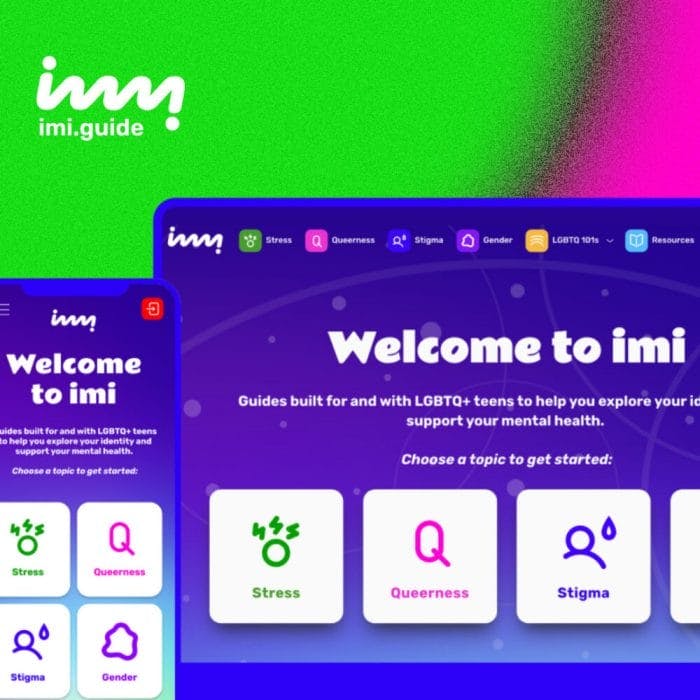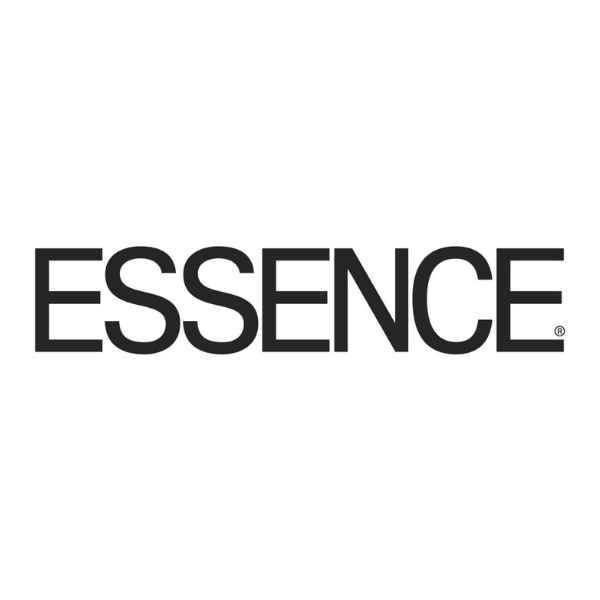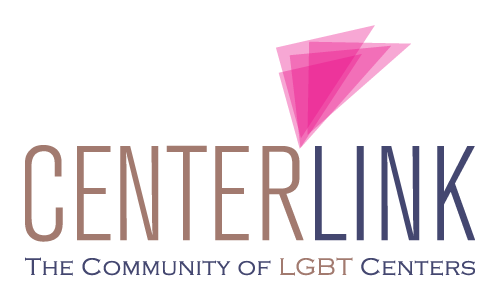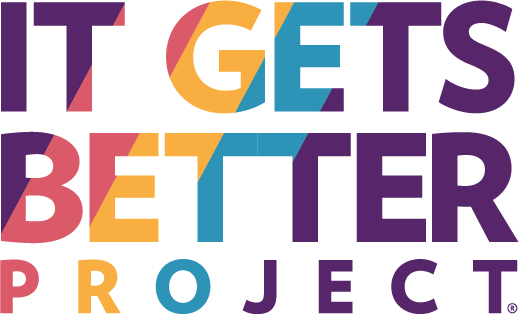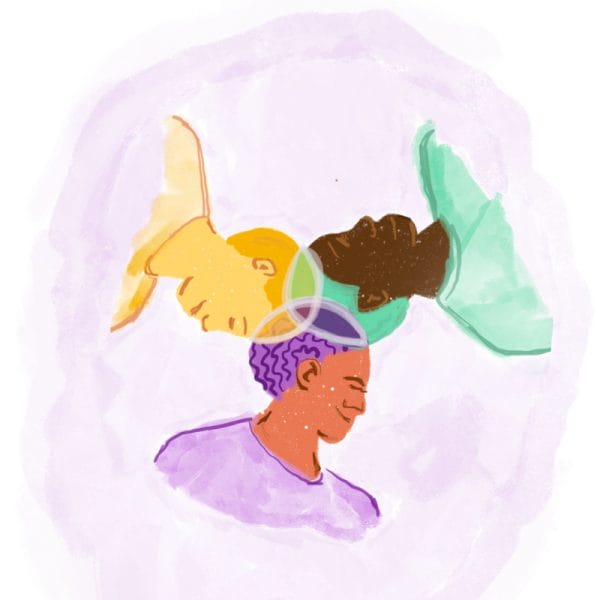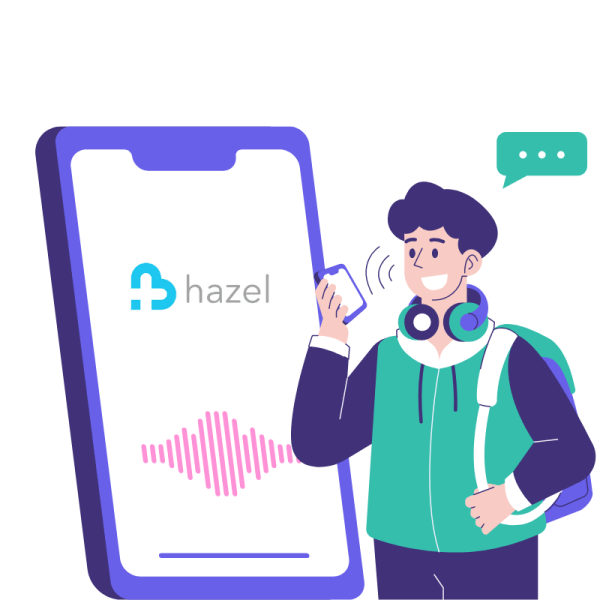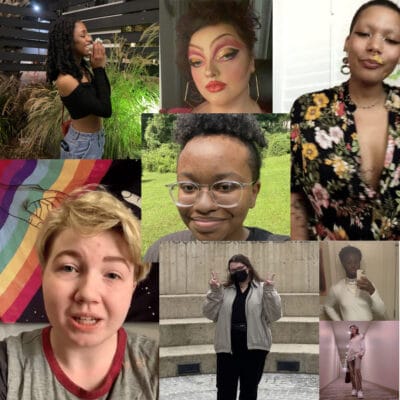
The need to Support and Affirm Queer Youth Now
Identity-affirming resources are vital to the well-being of sexual and gender minority youth (SGMY). Alarming data continues to shed light on the influence of the COVID-19 pandemic on LGBTQ+ youth suicidality, and now more than 300 anti-transgender and anti-LGBTQ+ bills have been introduced across nearly 40 states – further exacerbating healthcare disparities and directly impacting LGBTQ+ youth.
The stress of being LGBTQ+ in a cisnormative, heteronormative world can be profoundly harmful to queer youth. Forty-two percent of LGBTQ+ youth report having seriously considered attempting suicide in the past year, including more than half of transgender and nonbinary youth. Sixty-five percent of LGBTQ+ youth reported symptoms of moderate to severe depression, twice as likely as their non-queer counterparts.
While there are excellent crisis services like Trevor Project, Crisis Text Line, and Trans Lifeline, there are fewer options like Q Chat Space for those who are looking for support in navigating the day-to-day experience of growing up queer. More evidence-backed, non-crisis options are needed to bolster the mental health and well-being of LGBTQ+ young people.
imi responds to the need for safe, accessible, and research-backed support for LGBTQ+ youth within the digital health ecosystem, delivering freely available resources and activities that focus on topics like stress, LGBTQ+ identity, internalized stigma, and gender identity and expression.
imi is not a social platform or a crisis tool – it is intended as a resource for LGBTQ+ teens to help affirm their identity and learn practical ways to cope with stress and stigma. If in crisis, the following resources are available for support: TrevorLifeline, TrevorChat, TrevorText, Trans Lifeline, Crisis Text Line, and/or the National Suicide Prevention Lifeline. A “quick exit” button is also included for users who need to discreetly leave the tool when feeling unsafe or judged in their surroundings.
Queer Content
